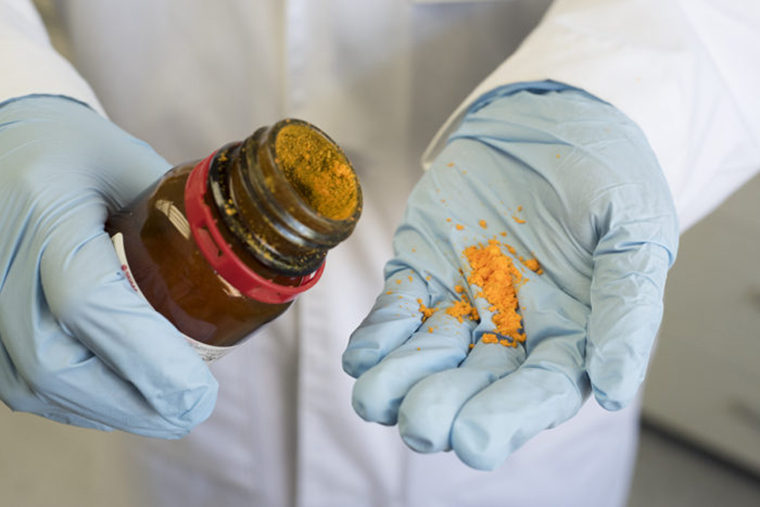Researchers at Washington University School of Medicine in St. Louis are launching a new clinical trial to assess the safety of a drug treatment for patients with the rare disease Wolfram syndrome.
Wolfram syndrome affects about one in every 500,000 people worldwide. Many of those patients die prematurely from the disease. Patients with Wolfram syndrome typically develop diabetes at a very young age and require insulin injections several times each day. The disorder also causes hearing loss, vision problems and difficulty with balance.
Although doctors treat patients’ symptoms, there have not been any therapies that slow the syndrome’s progress.
However, researchers at Washington University School of Medicine soon will test a drug treatment in 24 patients who have the genetic disorder.
The scientists previously reported in the Proceedings of the National Academy of Sciences that the drug, dantrolene — a muscle relaxant approved to treat patients with cerebral palsy, multiple sclerosis and muscle spasticity — prevents the destruction of insulin-secreting beta cells in animal models of Wolfram syndrome and in brain cells differentiated from skin samples taken from patients with the illness.
“Nobody has ever tested dantrolene in patients with Wolfram syndrome, so our first and most important objective is to make sure it’s safe,” said principal investigator Fumihiko Urano, MD, PhD, the Samuel E. Schechter Professor of Medicine. “I am very hopeful, however. The major question that I get from every patient I see is, ‘Is there any treatment?’ And until now, I’ve had to say no. With any luck, perhaps this study can help change that.”
In the mouse studies, and in experiments with brain cells made from a patient’s own stem cells, Urano previously found that dantrolene prevented death of brain cells and insulin-secreting beta cells.
Urano’s team plans to study 12 adult and 12 pediatric patients over nine months. All of the participants will undergo extensive testing before they begin taking the medication and after having taken the drug for six months. The researchers will closely monitor patients’ vision and brain function, as well as the function of their remaining insulin-secreting beta cells.
To be eligible for the study, all patients must be able to travel to the Washington University Medical Campus for testing and medication.
The study is funded by the Snow Foundation and the Ellie White Foundation. Both are advocacy groups that support Wolfram syndrome research. Urano also has applied for federal funding to support the clinical trial and wants to expand it to other medical centers.
He doubts that dantrolene can reverse the illness. “But hopefully, we can at least delay the progression of the disease,” he said.
For more information, call study coordinator Ashley Simpson at 314-286-1550, or e-mail ashley.simpson@wustl.edu.
